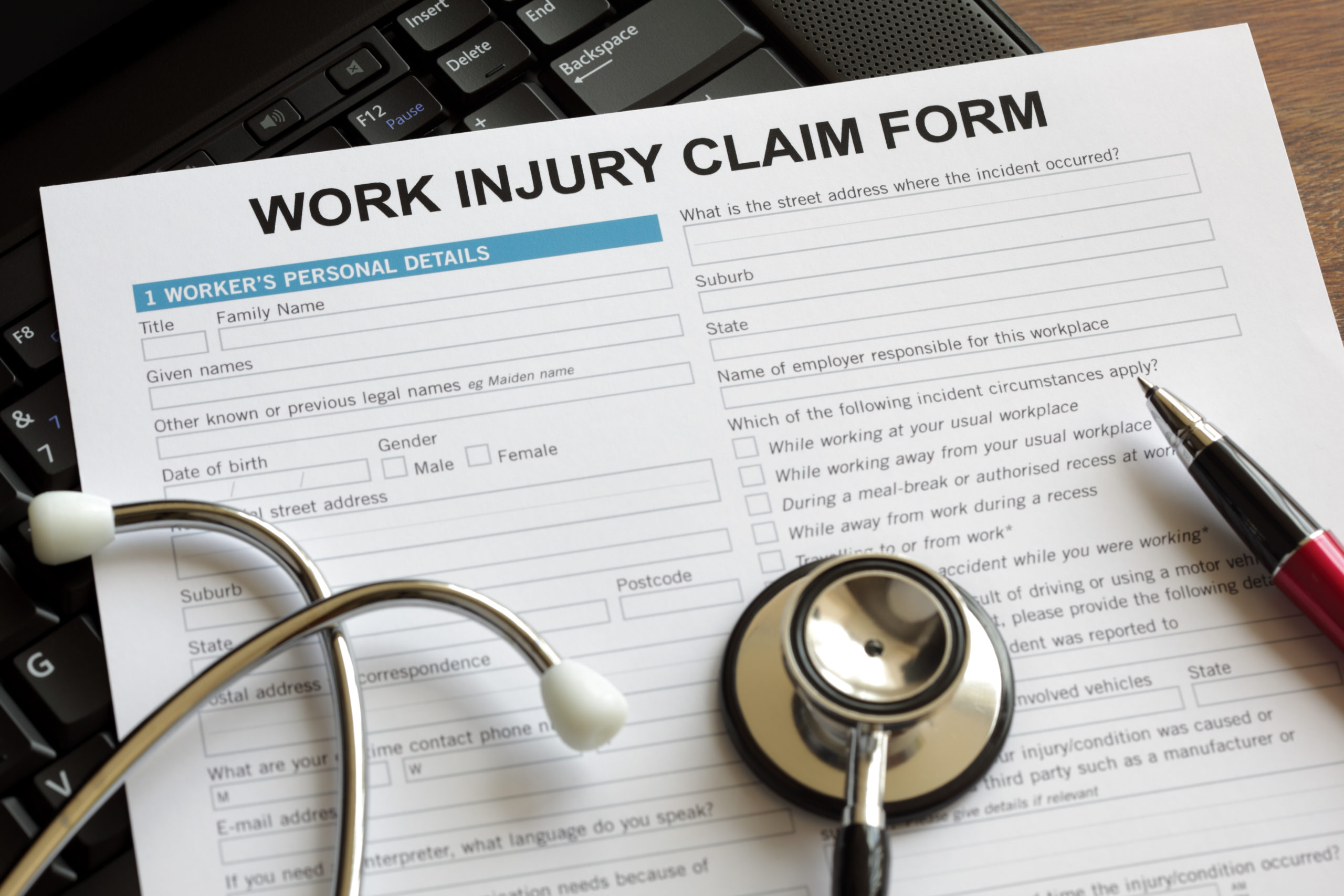
Denied Workers’ Comp? 5 Steps to Appeal
In 2012, nearly 3 million workers suffered on-the-job injuries and illnesses, according to the Bureau of Labor Statistics, and more than 4,500 workers were killed on the job. Workplace injuries are all too common in the U.S., and injured workers deserve a fair shot at workers’ compensation benefits.
If you are injured at work, workers’ compensation can be a great way to get quick, fair compensation for your injury. As a “no-fault insurance program,” workers’ comp pays out benefits for medical treatment, wage replacement, and disability to employees who suffer injuries or illnesses on the job—no matter who was at fault.
However, getting your workers’ comp claim approved is not always easy. Your employer or the workers’ compensation insurance carrier might argue that you didn’t suffer a serious injury, you don’t need medical treatment, you don’t need time off work, or that your injury didn’t actually happen at work.
If your workers’ comp claim is denied, you are entitled to an appeal of the decision. Here are the first steps to take to appeal the denial of your claim:
- Consult an attorney: If your attorney is not already involved in your workers’ compensation claim, now is the time. Appealing a workers’ comp claim denial can be an extremely complicated process. If your claim was denied on the first try, an attorney can help you fill in the missing pieces, collect the right evidence, and file your paperwork correctly to ensure the best chance at a successful appeal.
- Contact the insurer: Your first step should be to contact the workers’ comp insurer to see why the claim was denied. Sometimes a denial is caused by something as small as a missing piece of paperwork or a mistake on one of the forms. If this is the case, you can probably straighten things out over the phone or through email.
- Ask the insurer to reconsider: Your workers’ comp insurer can reconsider your claim if there is new or additional information to consider.
- File appeal paperwork: The New Jersey Department of Labor and Workforce Development governs workers’ compensation rulings in the state of New Jersey, and all workers’ comp appeals must go through appellate courts. A workers’ compensation attorney will understand what documents need to be filled out, where they need to be filed, and what the deadlines for appeals are.
- Collect evidence: Similar to a trial, the workers’ compensation process requires collecting evidence to support your claim. It is important to gather hospital bills, medical records showing the extent of the injury, and recommendations from your doctor about missing work or returning in a limited capacity. It is also important to gather any evidence you can from the site of the accident; this could mean getting access to security tapes, work logs, and talking to other people who witnessed the on-the-job injury.

















